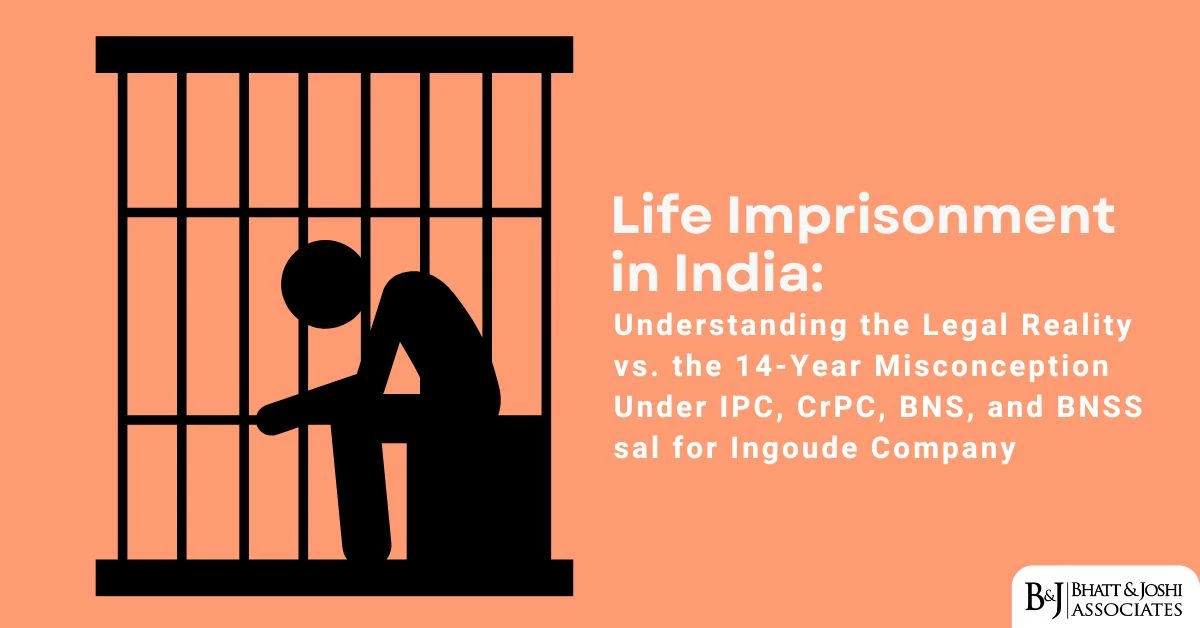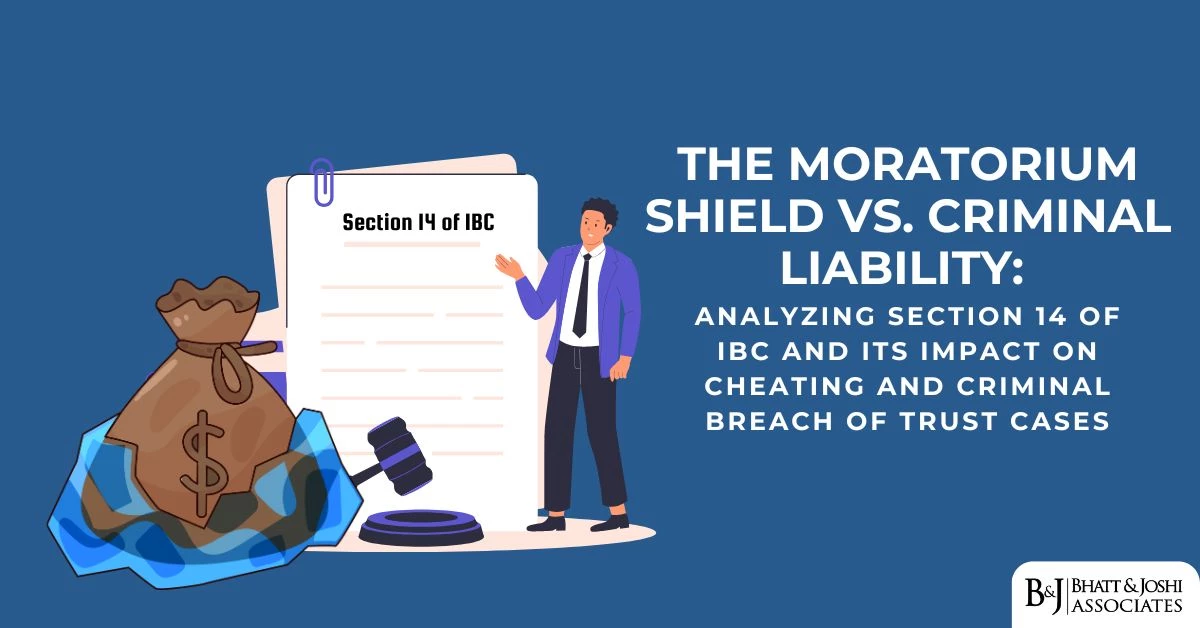DOCTRINE OF POLITICAL NEUTRALITY
Why in news?
In recent times, constitutional offices have come under the scanner of Supreme Court (SC) on the grounds of Doctrine of Political neutrality.

Background
Through its various judgement, Supreme Court has highlighted the need for authorities like Speaker and Governor to be faithful to doctrine of neutrality and not vacillate under “prevailing political pressures” and thus maintaining Political Neutrality.
-
- Karnataka Case (Speaker in question): On various petitions filed by former dissident Karnataka legislators against the Speaker’s decision to disqualify them for defection, the SC said “if Speaker is not able to disassociate from his political party and behaves contrary to the spirit of the neutrality and independence, such person does not deserve to be reposed with public trust and confidence”
- Recent years have seen central governments cross swords with the Comptroller and Auditor General, Reserve Bank of India, Election commission (EC), etc. Alternatively, there are also jibes that these institutions allow themselves to be controlled by the government
Understanding Doctrine of Political Neutrality
- It is a bedrock of a constitutional democracy. Neutrality is about being ‘a third’ vis-à-vis a conflict between others.
- The claim of neutrality is a claim addressed to the belligerent parties to show respect for the choice of the neutral and not to become involved in their conflict.
Significance of Neutrality Doctrine in case of Constitutional offices
Upholding constitutional trust:
- A constitution vests the trust in the office of Speaker, Governor, EC etc. which needs to ensure their neutrality in their actions.
- Ensuring political fairness: The exercise of the wide constitutional powers by the constitutional office such as Governor’s, speaker’s, CAG’s and Election Commission’s is supposed to be in line with the “sacred” conventions of political neutrality and fairness. o However, we see erosion of such conventions in case of Uttarakhand and Arunachal Pradesh, the Speakers in both assemblies had helped ruling parties keep their flocks together by using their powers to disqualify MLAs under the Tenth Schedule.
- Upholding federalism: In India, the balance of power is tilted towards the Union. The importance of the constitutional posts such as Governor’s arises from, he being the crucial link within this federal structure in maintaining effective communication between the Centre and a State.
- For continuity in governance and keeping a check on the executives: Constitutional posts such of Speakers and Governors, acting independently of each other or in concert, can navigate the destiny of State governments. As a figurehead who ensures the continuance of governance in the State, even in times of constitutional crises, Governor’s role is often that of a neutral arbiter in disputes settled informally within the various strata of government, and as the conscience keeper of the community.
For a fair system of election and thus strengthening democracy:
- Elections are pivotal to the quality of a country’s governance and can either greatly advance or set back a country’s long-term democratic development. Therefore here EC’s neutrality is of utmost significance and value.
To maintain the health of the economy:
- The independence, powers and responsibilities of the constitutional offices like CAG’s place high ethical demands on the auditor and the staff he employs or engages for auditing and accounting work. The general standards for the CAG include independence from the legislature and from the executive so that any economic misconduct by the government or siphoning of the public exchequer can be pointed out.
Conclusion
The principle of political neutrality, which requires the state to remain neutral on disputed questions is an extension of traditional liberal principles of toleration and independence of opinion. Thus, political neutrality casts duties not only on constitutional offices but also on government of the day. The political leaders must protect independent constitutional offices from political interference and must not involve them in political activities or debates.













